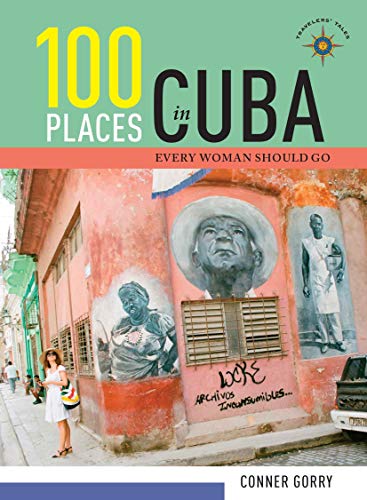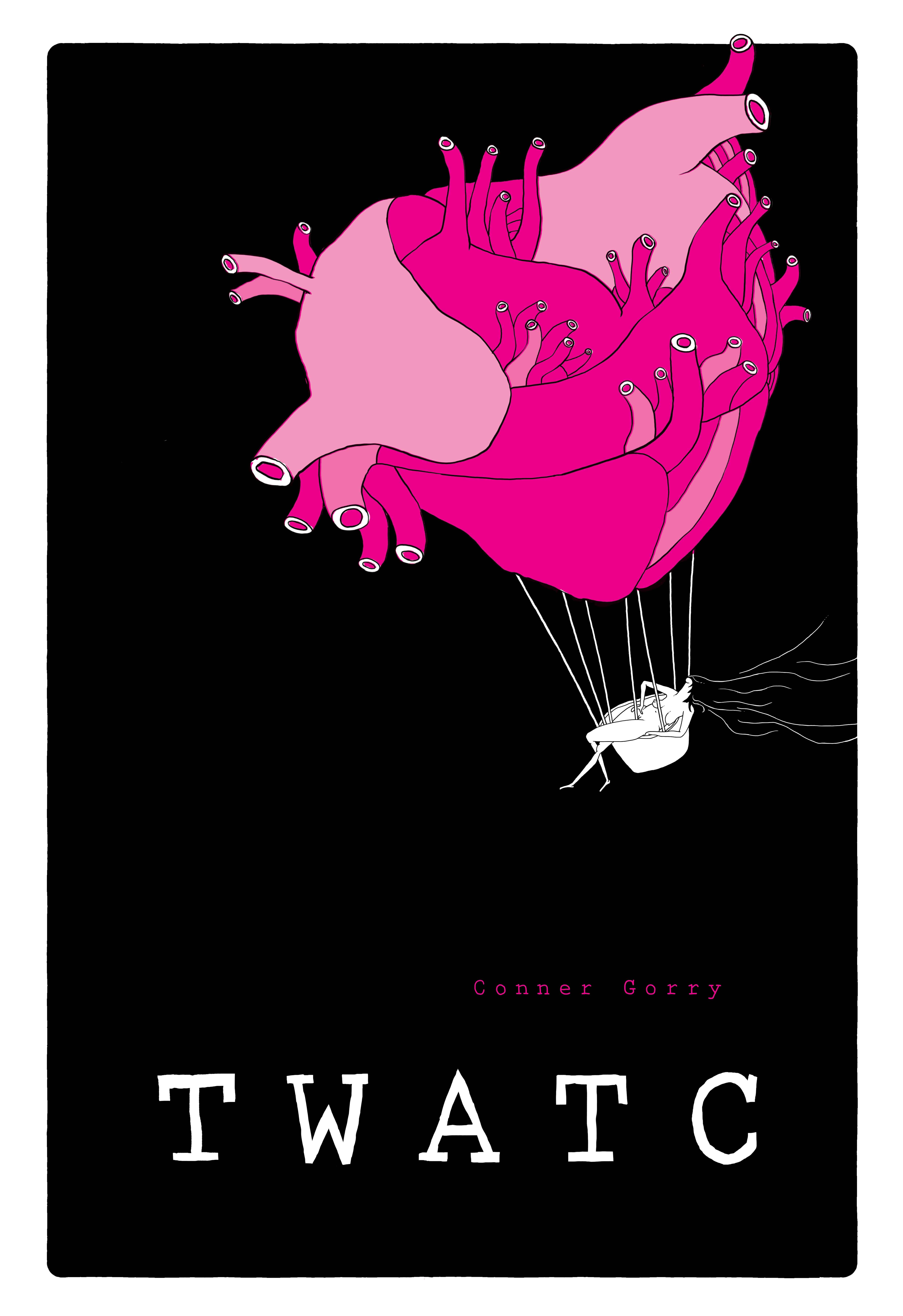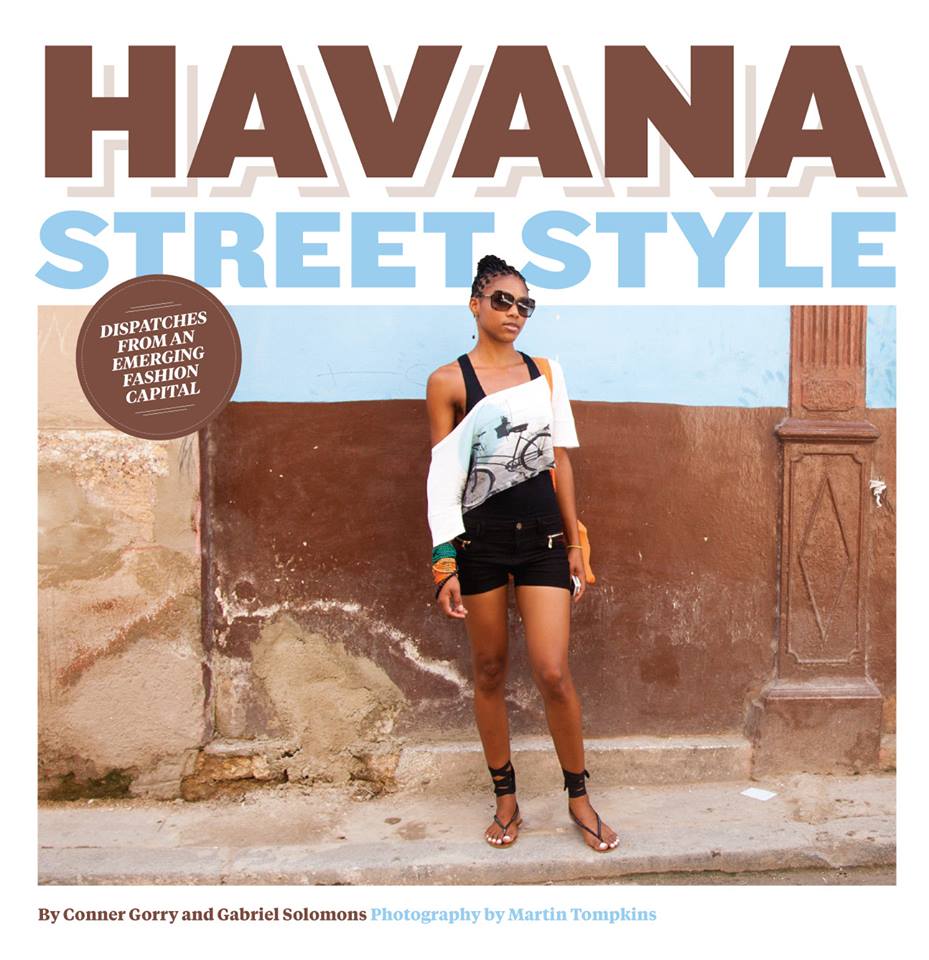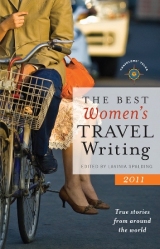‘I don’t want to go that place,’ the guy says to his friends over beers in the park. ‘That’s where the fags hang out.’
‘Hey ladies! I’m single…my wife is the married one!’ reads the oversized bumper sticker on the 1956 Buick I’m following on the Puente Almendares.
‘They were asking for it. And it’s suspicious that another 10 women suddenly appeared after the first five denounced him,’ a friend said when I mentioned the recent sexual abuse charges leveled against mediocre-at-best musician Fernando Becquer.
I’ve written about Cuba’s machismo problem previously. I also wrote about the Me Too Movement (known as YoSíTeCreo) several years ago, examining our experience here in Cuba and how it squares with the paradigm of power, oppression, and control exercised by most men everywhere. I’ve also weighed in on Cuban catcalling, understanding strident foreigner women who reject it, but also appreciating the sometimes funny/intellectual deftness with which Cuban men wield it (albeit ubiquitous and too often gross or inappropriate).
Here in Havana, I’ve witnessed marginalization and minimization of brilliant female professionals, as well as filthy old men getting handsy with young college co-eds. At Cuba Libro, I had to let a worker go for (among other things) his leering, lecherous behavior towards certain female customers which no amount of naming the behavior or sensitivity training succeeded in correcting.
Mansplaining, manspreading, homophobic slurs and asides (directed at my dog even!) and nauseatingly strict gender roles: it’s all in the Cuban mix.
I’m the youngest daughter of a proto-feminist whose prize refrigerator magnet read ‘a woman needs a man like a fish needs a bicycle;’ it remained the centerpiece of her fridge until the day she died. I’m also the youngest sister of a fabulously flamboyant gay man who liked to brag about his lovers of the cloth (he had a thing for priests and otherwise closeted/confused guys) until the day he died. As you may imagine, the toxic masculinity permeating Cuba is a bit problematic for me.
When a friend of mine who lived here for many years remarked upon leaving for good, “there’s entirely too much testosterone on this island,” I laughed. But I might have cried: Cuban men, women, children and society at large have toxic masculinity so embedded in their collective amygdala, so normalized, that it paralyzes progress.
Obviously, there are many factors paralyzing progress here but no policy change is going to magically transform boys into men who can cry, cook, share their feelings, face their traumas and be real societal allies. Nor will any government mandate raise girls into women who reject all forms of sexual harassment, who demand the same liberties, rights and respect as their male counterparts, and who require an equitable division of duties at home.
Achieving such lofty goals will take a massive cultural overhaul that frankly, many of the cis white powerbrokers in Cuba (and most everywhere else, sadly), are staunchly against. Despite ongoing education campaigns by CENESEX, Evolución, UNICEF, OXFAM and others around gender parity, physical, emotional and financial violence against women, and the ills wrought by machismo, toxic masculinity is killing the country by a thousand cuts. And though national and international media consistently cover the issue, it’s going to take decades to reverse the course—just like it has taken decades to witness a perceptible shift (microscopic as it may be) on the homo/trans/biphobia front.
I was shocked and awed when my husband and I reached loggerheads on the home duties front. Shocked, because I learned that he reached his 55th birthday without ever having cooked a meal. I mean, the man didn’t know how to make rice! Awed, because it meant that his past four wives, to say nothing of his grandmother, mother, sister and nieces permitted—nay, enabled—this dependent, gender-based behavior. After returning from the market for the third time with soft, damaged tomatoes, I learned that in 55 years, he had never shopped for produce either. And this is not a coddled man. His single mom worked her entire life, is a decorated party member, and raised a fine, loving, well-rounded, and hard-working son…who landed in my life just a little machista.
He doesn’t question when someone calls a Polski a ‘women’s car.’ He doesn’t wince at the offhand homophobic comment made by a biker buddy (let alone call him out for such bias). He doesn’t get tears in his eyes when Claudia, the most heroic first responder after the Saratoga tragedy, is profiled on TV— a true super hero at just 21 years old and not even five feet tall. Nor does he understand the beautiful, buxom 25-year-old who dresses in baggy pants and rock t-shirts to hide her curves and head off unwanted advances. Between lessons on cooking rice and choosing tomatoes, we talk a lot about gender in my house. And LGBTQI issues. And machismo. And how toxic it all is.
At the annual Harley Rally in Varadero this year, I decided to take the pulse of our friends, asking what they thought about September’s referendum on Cuba’s family code. This codifies everything from what legally constitutes a family, to the rights of children within the home, inheritance rights and more; it has not been updated since 1975. Among the most divisive elements of Family Code 2022 is the right to same-sex unions.
“What do you guys think of the proposed family code?” I asked one night as a group of us sat around knocking back beers. People were not shy to respond.
“The government can’t tell me how to raise my kids,” said one leather-clad biker, echoing a sentiment I heard from neighbors during the ‘popular consultation,’ our block’s meeting with legal experts and government officials leading up to the referendum. Concerns about how to explain same-sex love and marriage to children; around the clause that children’s opinions should be considered in decisions affecting the entire household; and the prohibition of corporal punishment in the home, were all voiced at my meeting in Playa.
Meanwhile, adoption rights for gay parents; gender-inclusive puberty and health education; and a diabolically twisted understanding (not to mention dead wrong) of ‘progressive autonomy’ for children, has Cuban evangelicals raging. RAGING. They call the code dangerous, denouncing the same sections of the new code as my neighbors, as well as rejecting artificial insemination and surrogate motherhood. Their arguments are laughable, absurd and often contradictory. Have a read and ask yourself: how can people swallow such shoddy logic?! By the way: evangelical Cubans have also started lurking in hospital halls and handing out murdered fetus pamphlets to unsuspecting women in an effort to convince Cubans that abortions free and on demand are wrong. Sounds all too familiar, frankly.
But back to the bikers…
“I’m not homophobic but….” another, better friend starts to tell me. As I write in my 2018 book TWATC, this sentence never ends well. “…but this isn’t our culture. Maybe in other countries men can marry, adopt kids, and the rest, but Cuban culture is different.”
I like this friend. I really do. So how do I tell him (in the nicest way possible), that this is precisely the problem? That Cuban culture and traditional gender roles are antiquated, behind the curve, anti-human rights, and hurting progress? How do I communicate that a “no” vote on the referendum is going to expose Cubans as out-of-touch, backward, misogynist and homophobic? Maybe if I point out that he’s making the same exact argument as those Cuban evangelicals, who say: “we see that the authorities in Cuba have wanted to move towards a modernity of values that is contrary to what is now.” Maybe then he’ll mull it over? Modernity, what a curse, right?
Knowing me well, my friend tries to smooth over his implication. “I’m from the campo. We think differently out in the country—men marrying men is just not something we can wrap our heads around.” We’re having too much fun to go down that rabbit hole, so I hold my tongue for a later date when I will tell him that a) if you’re not contemplating entering into a gay marriage, there’s nothing to wrap your head around and b) ya’ll in the campo regularly get jiggy with farm animals as sexually-curious boys but you have a problem wrapping your head around two consenting humans engaging in sex? That shit is whack, man.
Girls don’t ride bicycles. Men don’t cook. Women can’t be steel workers. Boys don’t play with dolls. It’s positively Jurassic over here at times.
The good is news is that the tide may be turning. I say this because of what I witness day in, day out at Cuba Libro, a safe, inclusive space for everyone (though the evangelicals handing out prayer cards in the garden the other day tested my mettle). We are very active in the LGBTQI community, host cultural and health events designed to empower, and have distributed over 18,000 condoms since opening in 2013, among many other inclusive, community-building initiatives.
Cuba Libro is an oasis for all the frikis, queers, artists, dreamers and doers we can pack in. For obvious reasons, the average age is about half mine—most CL regulars are between 25 and 30. These kids are having none of it. They understand love transcends gender, they don’t give a hoot who you screw, and are gloriously fluid in their expression of self and choice of partners. They are also adamant about the need for full rights for everyone, criminalizing gender violence and hate crimes, and re-calibrating the male/female dynamic and balance in Cuban society.
Young Cuban women of all types are hacking off their hair (when I moved here, short hair on a cubana meant they were old or gay or both); many young men wear extravagant dangly earrings, make up even, and Alfredo—dear Alfredo—runs the café in a free-flowing peasant skirt on the hottest summer days. Two guys on a first date, a FTM hottie sipping a cappuccino with his sister, a couple of friends stealing kisses behind the fiction stacks, cute gay boys in matching “King” t-shirts, girls in boots, boys in dresses and a man in our kitchen—this is what the café looks like on a typical day. Our biased neighbors are beside themselves.
All of this is to say: I’m in a completely different universe from my biker friends, my in-laws, and Cubans from the campo. My past is rooted in feminism, Gay Pride, and equal rights. These kids who work and hang out at Cuba Libro? They are, literally, the future of the country. They’re what I want my future to look like. I hope each and every one of them (who don’t immigrate in the interim), votes in September’s referendum.
When my mind and heart grow dark, thinking about Cuba’s toxic masculinity as an intractable problem, I remember that conversation between those guys having beers in the park.
“I’m not going to that place. That’s where the fags hang out.”
As I rise from the bench, I’m prepared to intercede with an explanation about hate speech when his friend replies: “Yeah, well. Deep down we’re all fags, aren’t we?”
Maybe all is not lost.
_____
This video from 2018 entitled “Acoso a mujeres en Cuba,” with English subtitles, interviews Cubans of all stripes on the streets of Havana; I didn’t see it until after I wrote this, but some of the outlooks are considerably more alarming than what I present here (“if you don’t want to be catcalled, don’t go out on the street;” and “why do you do your hair and makeup if you don’t want me to complement you when you walk by? Why don’t you just go out ugly?”). Nevertheless, it gave me hope to hear empowered women rejecting the paradigm and to see a cross-section of evolved Cuban kids. It also provided the title for this post.


















